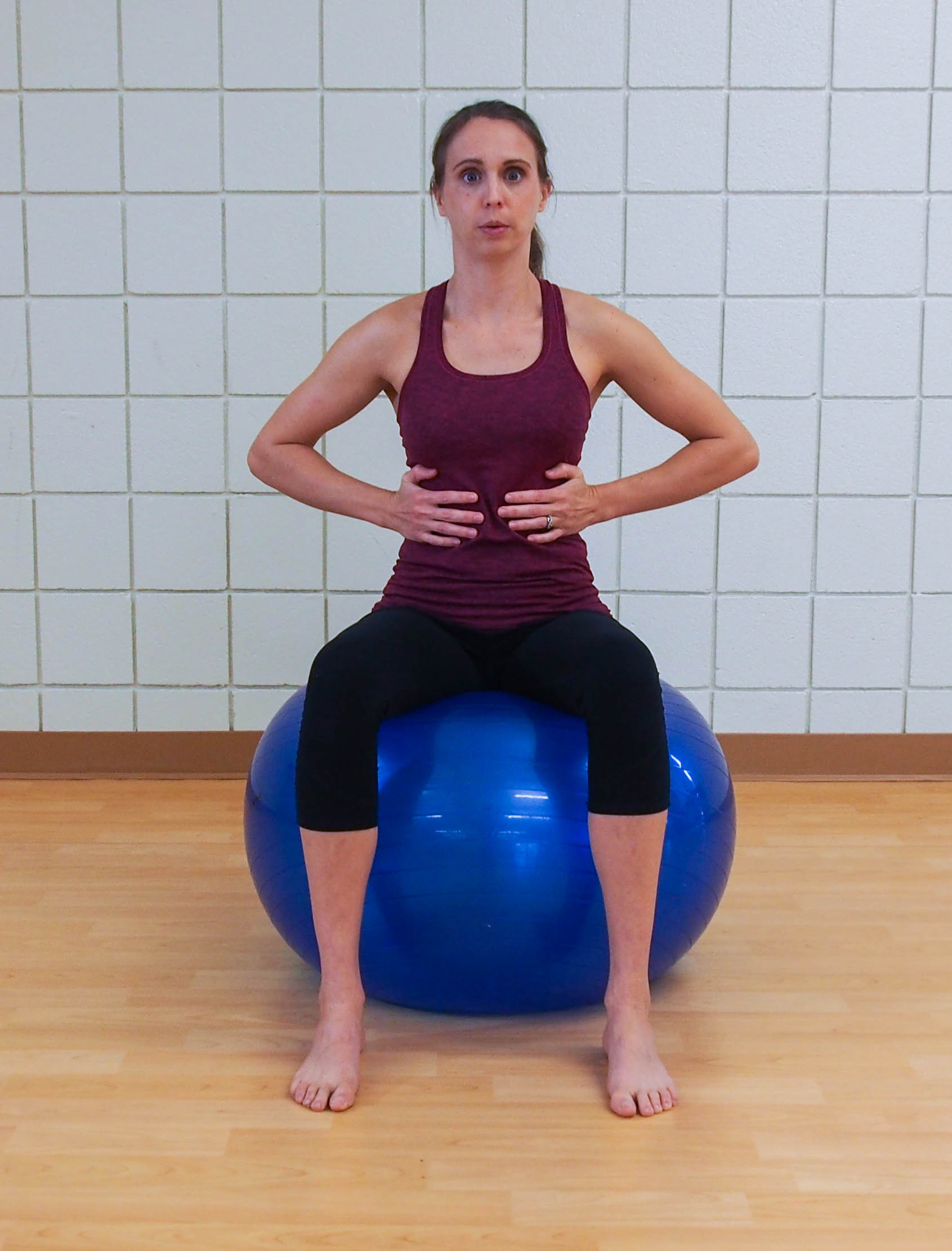Have you ever felt a little “loose” down there? Maybe you’ve experienced a leaky bladder after a good laugh, or perhaps you’ve felt a shift in sensation during intimacy. These are common experiences, and they often point to pelvic floor dysfunction. But what about pelvic floor therapy? Does it really make you ‘tighter?’ Let’s explore this common misconception and the truth behind pelvic floor therapy.

Image: glutescorepelvicfloor.com
Pelvic floor therapy—often called pelvic floor physical therapy—is a specialized form of physical therapy that focuses on the muscles that make up your pelvic floor. These muscles form a hammock-like structure that supports your bladder, uterus, and rectum. They play a crucial role in urinary and bowel control, sexual function, and even core stability. While it’s true that pelvic floor therapy can strengthen these muscles, it’s not about simply making you “tighter” in a way that might feel constricting or uncomfortable.
What is Pelvic Floor Therapy, and How Does it Work?
Imagine these muscles like any other muscle group in your body. Just like your biceps can be weakened by inactivity or strengthened through exercise, your pelvic floor muscles can also be affected. Pelvic floor therapy aims to reeducate these muscles, helping them regain their optimal function.
Here’s how pelvic floor therapy works:
- Identifying the Issue: A trained pelvic floor therapist will assess your pelvic floor muscles and identify any weakness, tension, or incoordination. They’ll use a combination of methods, including a gentle internal examination, observing your posture, and assessing your ability to control your pelvic floor muscles.
- Customised Exercises: Based on your unique needs, the therapist will teach you a series of tailored exercises designed to strengthen, relax, or improve coordination of your pelvic floor muscles. These exercises may involve:
- Kegel exercises: These are the most well-known pelvic floor exercises, but they’re not always done correctly. A therapist can guide you on proper technique to ensure you’re not straining or holding your breath.
- Breathing exercises: Learning proper breathing patterns can help you relax your pelvic floor and improve coordination.
- Biofeedback: This technique uses sensors to monitor your muscle activity, providing real-time feedback to help you learn to control your pelvic floor muscles.
- Manual therapy: Your therapist may use gentle manual techniques like massage and stretching to relax tension in your pelvic floor muscles.
- Addressing Underlying Issues: Pelvic floor dysfunction can often be a symptom of other issues, such as pregnancy, childbirth, chronic constipation, or even stress. Your therapist will work with you to address any underlying causes to ensure long-term success.
The Benefits of Pelvic Floor Therapy Go Beyond “Tightness”
The idea that pelvic floor therapy makes you “tighter” is a simplification that doesn’t fully capture the benefits. While stronger pelvic floor muscles can contribute to a more intense sensation during intimacy, it’s not the primary goal. Here’s a closer look at the real benefits:
- Improved Urinary Control: If you’re experiencing urinary leakage, whether it’s when you cough, sneeze, or exercise, pelvic floor therapy can help strengthen the muscles that support your bladder, reducing leakage.
- Reduced Bowel Incontinence: Pelvic floor therapy can help improve bowel control by strengthening the muscles that control your rectum, reducing episodes of fecal incontinence.
- Enhanced Sexual Function: Stronger pelvic floor muscles can contribute to better sexual sensation and overall satisfaction.
- Pain Relief: Pelvic floor therapy can help alleviate pain associated with conditions like endometriosis, prostatitis, or vulvodynia.
- Improved Core Strength: Your pelvic floor muscles play a crucial role in supporting your core, so strengthening them can help stabilize your back and improve overall posture.
Pelvic Floor Therapy: Not a One-Size-Fits-All Approach
It’s important to remember that pelvic floor therapy is not a one-size-fits-all approach. Every individual’s needs and goals are unique. For some, the focus may be on strengthening weak muscles, while others may benefit from techniques to relax overly tense muscles. Your therapist will take the time to understand your specific needs and create a tailored plan for you.

Image: www.vrogue.co
Debunking the Myths: Is There a “Too Tight” Pelvic Floor?
While it’s common to think of pelvic floor dysfunction as being “too weak,” it’s equally possible to have a “too tight” pelvic floor. This can lead to pain during intercourse, difficulty with urination or defecation, and even chronic pelvic pain. A skilled therapist will be able to identify whether your pelvic floor is too tight or too weak, and guide you towards the right exercises and techniques.
Finding a Pelvic Floor Therapist: Expertise and Trust
If you’re considering seeking pelvic floor therapy, it’s crucial to find a therapist who is experienced and qualified. Look for someone who specializes in pelvic floor dysfunction and has a strong understanding of anatomy and biomechanics. You should feel comfortable and able to communicate openly with your therapist. Don’t be afraid to ask questions and ensure you understand the treatment plan.
Is Pelvic Floor Therapy For You?
Almost everyone can benefit from pelvic floor exercises, even if they don’t experience any specific issues. However, pelvic floor therapy may be particularly helpful if you:
- Experience urinary or fecal incontinence
- Suffer from pelvic pain
- Have difficulty with sexual function
- Have recently given birth
- Are recovering from prostate surgery
- Have chronic constipation
Does Pelvic Floor Therapy Make You Tighter
Conclusion
Pelvic floor therapy is a safe and effective way to improve the health and function of your pelvic floor muscles. It’s about regaining control, not simply tightening. If you’re experiencing any concerns related to your pelvic floor, don’t hesitate to consult a qualified pelvic floor therapist. Remember, it’s your body, and you have the power to understand and manage its functions. Taking proactive steps towards better pelvic health can significantly enhance your overall well-being.



/GettyImages-173599369-58ad68f83df78c345b829dfc.jpg?w=740&resize=740,414&ssl=1)


